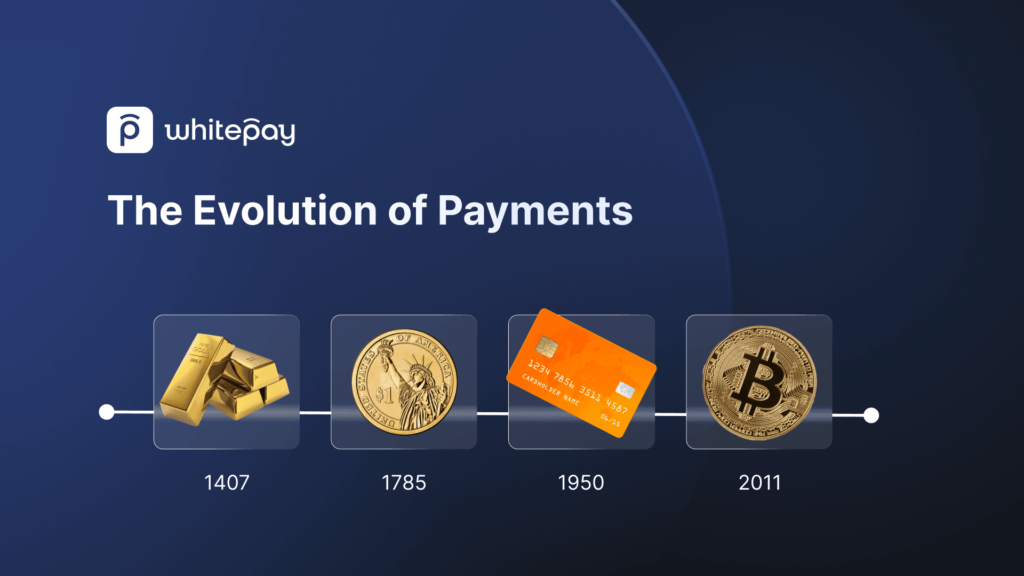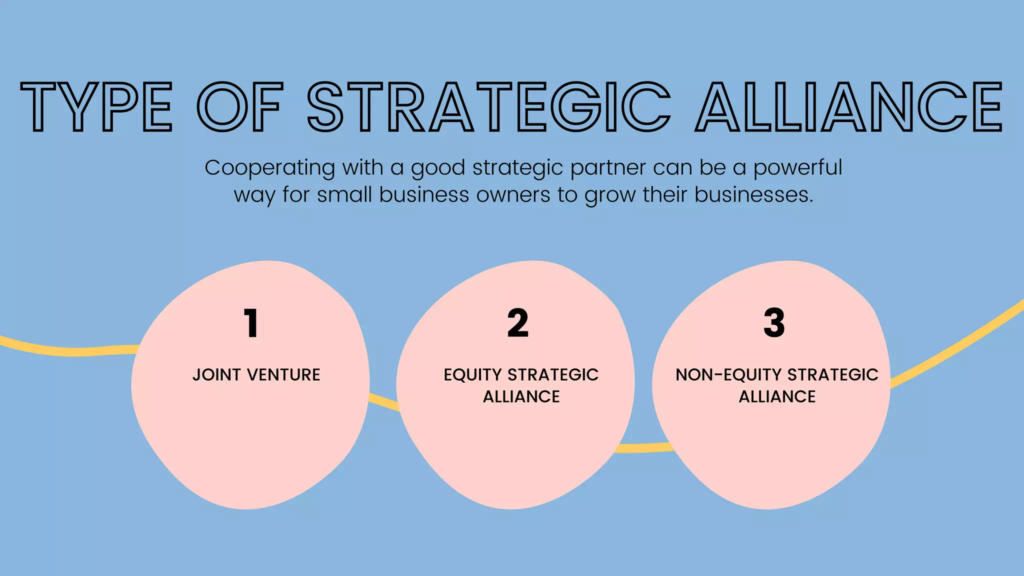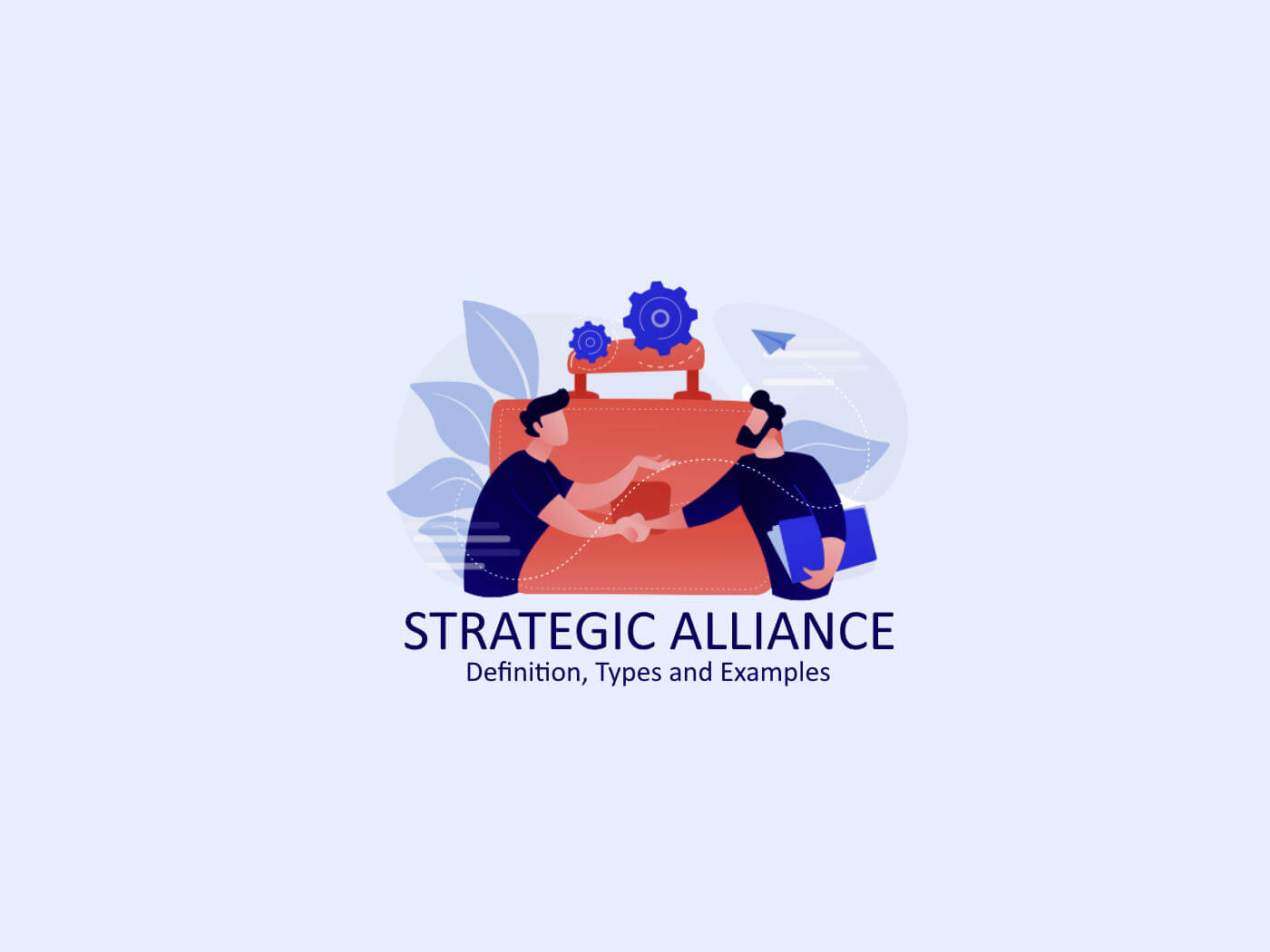AUTHOR : SOFI PARK
DATE : 21/12/2023
Introduction
In the bustling world of financial technology, India stands out as a hub for innovation in payment systems. As the country witnesses a surge in digital transactions[1], payment providers[2] are increasingly realizing the importance of forming strategic alliances[3] to stay competitive and offer cutting-edge solutions to consumers.
Evolution of Payment Providers

To understand the current landscape[4], let’s rewind the clock and explore the evolution[5] of payment systems in India. From traditional cash transactions to the rise of digital wallets and mobile banking, the journey has been nothing short of transformative. The advent of smartphones and the government’s push towards a cashless economy have fueled the growth of payment providers.
Significance of Strategic Alliances

In a rapidly evolving industry, strategic alliances have become a cornerstone for sustainable growth. Payment providers are forging partnerships to leverage each other’s strengths, share resources, and navigate the complexities of the market. However, the road to successful alliances is not without challenges, and providers must carefully weigh the benefits against the risks.
Key Players in the Indian Payment Sector
Before delving into strategic alliances, it’s crucial to familiarize ourselves with the major players in the Indian payment sector. From established banks to agile fintech startups, the market is diverse and competitive. Understanding the market share and competitive landscape sets the stage for exploring the dynamics of strategic alliances.
Types of Strategic Alliances

Strategic alliances[1] come in various forms, from joint ventures to collaborations and partnerships. Each type carries its own set of advantages and challenges. While joint ventures allow for shared investments and risks, collaborations enable providers to tap into complementary strengths. Choosing the right alliance model depends on the specific goals and capabilities of the partnering entities.
Impact on User Experience
At the heart of every strategic alliance is the aim to enhance user experience. Consumers today demand seamless and convenient payment[2] solutions. Strategic alliances bring together diverse capabilities, leading to innovations that simplify transactions, improve accessibility, and provide a more user-friendly experience.
Regulatory Framework
Navigating the regulatory landscape is a critical aspect of forming alliances in the financial sector. Payment providers[3] must comply with various regulations, ensuring the security and integrity of transactions. Understanding the regulatory framework is key to establishing alliances that not only meet compliance standards but also contribute to the overall growth of the industry.
Future Trends
The future of payment provider alliances in India is shaped by technological advancements and changing consumer preferences. From the integration of artificial intelligence[4] to the exploration of blockchain technology, providers are gearing up for a new era of innovation. Predicting these trends allows industry players to stay ahead of the curve and proactively adapt to emerging challenges.
Challenges and Solutions
While strategic alliances offer numerous benefits, they are not without challenges. Providers often face issues related to cultural differences, conflicting priorities, and integration complexities. Identifying these challenges and implementing[5] effective solutions is crucial for the long-term success of alliances.
Consumer Trust and Security
In a world where cyber threats loom large, establishing and maintaining consumer trust is paramount. Payment providers engaged in alliances must prioritize security measures to safeguard user data and financial transactions. Building a secure ecosystem fosters trust among consumers, contributing to the sustained growth of the industry.
Role of Technology
Technological innovations play a pivotal role in shaping the landscape of payment provider alliances. The integration of advanced technologies such as artificial intelligence and blockchain not only enhances the efficiency of transactions but also opens up new possibilities. Understanding the role of technology is essential for providers seeking to stay at the forefront of innovation.
Global Perspective
While our focus is on India, gaining insights from the global payment landscape provides a broader perspective. A comparative analysis of payment provider alliances in India and other countries reveals common trends, unique challenges, and valuable lessons that can be applied in the Indian context.
Industry Experts’ Insights
To offer a comprehensive view, this article includes insights from industry experts. Interviews with thought leaders in the payment sector provide a glimpse into their perspectives on the current state and future trajectory of strategic alliances. These expert opinions serve to enrich the narrative with valuable insider insights.
Conclusion
payment provider strategic alliances in India are not merely partnerships; they are catalysts for innovation and growth. As the industry continues to evolve, alliances will play an increasingly pivotal role in shaping the future of digital payments. By navigating challenges, embracing technological advancements, and fostering consumer trust, payment providers can build alliances that stand the test of time.
FAQ
- Q: How do strategic alliances benefit payment providers?
- A: Strategic alliances benefit payment providers by allowing them to leverage each other’s strengths, share resources, and innovate, ultimately enhancing their competitive edge.
- Q: What challenges do payment providers face in forming strategic alliances?
- A: Challenges include cultural differences, conflicting priorities, and integration complexities. Identifying and addressing these challenges is crucial for successful alliances.
- Q: How does technology influence payment provider alliances?
- A: Technology, including AI and blockchain, plays a pivotal role in shaping alliances, improving efficiency, and opening up new possibilities for innovation.
- Q: How important is consumer trust in payment provider alliances?
- A: Consumer trust is paramount. Payment providers must prioritize security measures to safeguard user data and financial transactions, fostering trust and industry growth.
- Q: What can we learn from global payment provider alliances?
- A: A comparative analysis of global alliances provides insights into common trends, unique challenges, and valuable lessons applicable to the Indian context.

